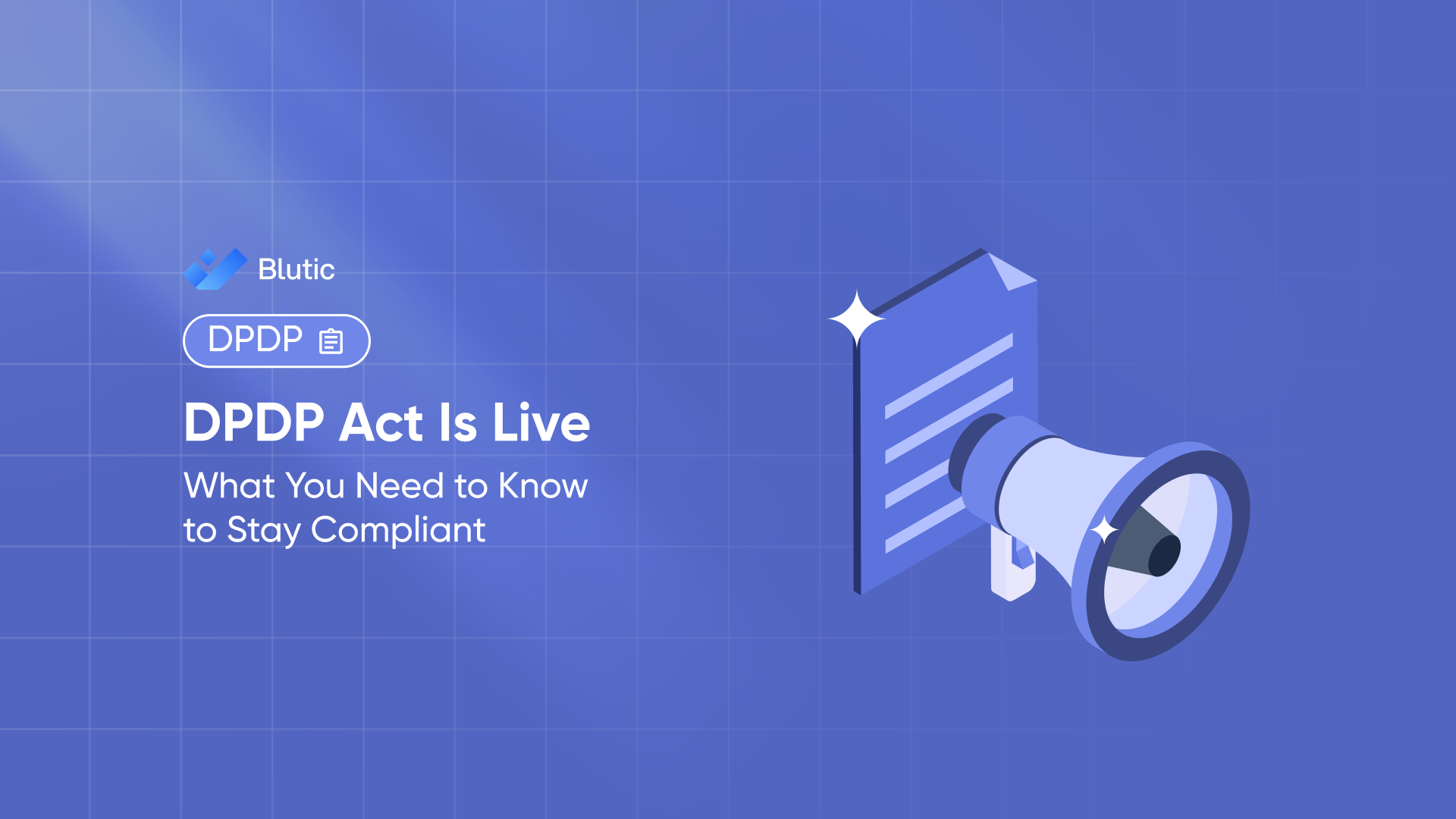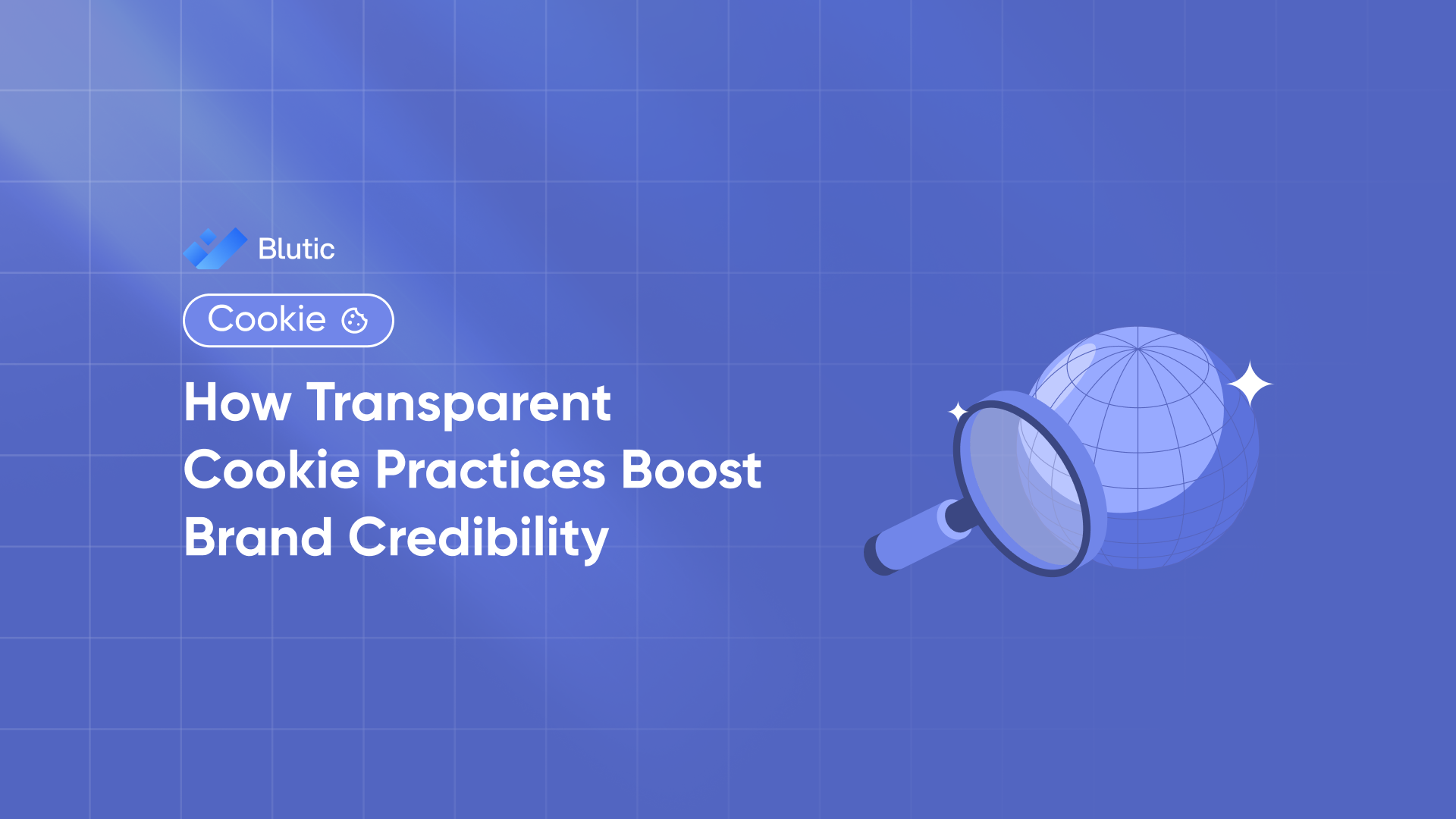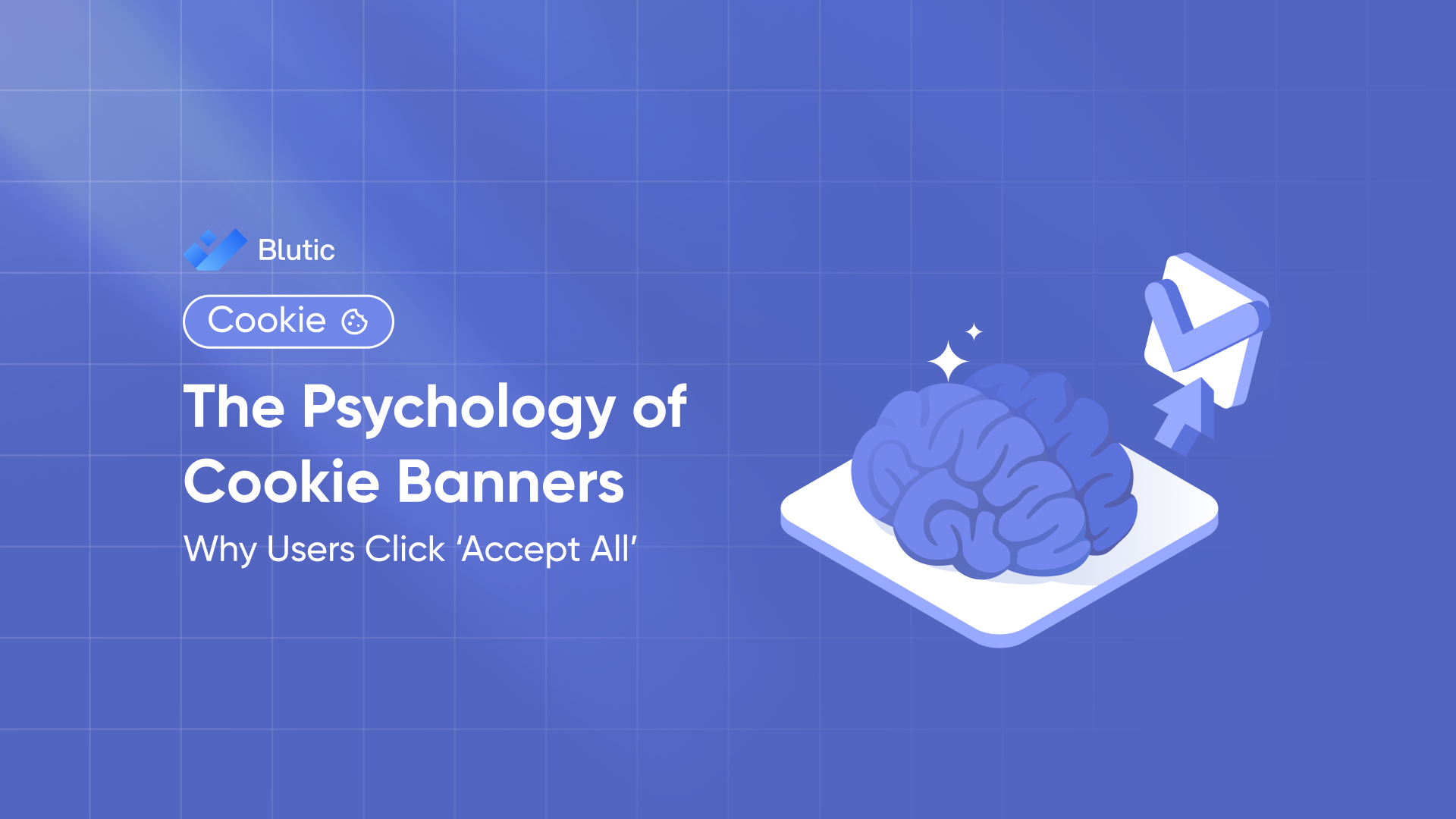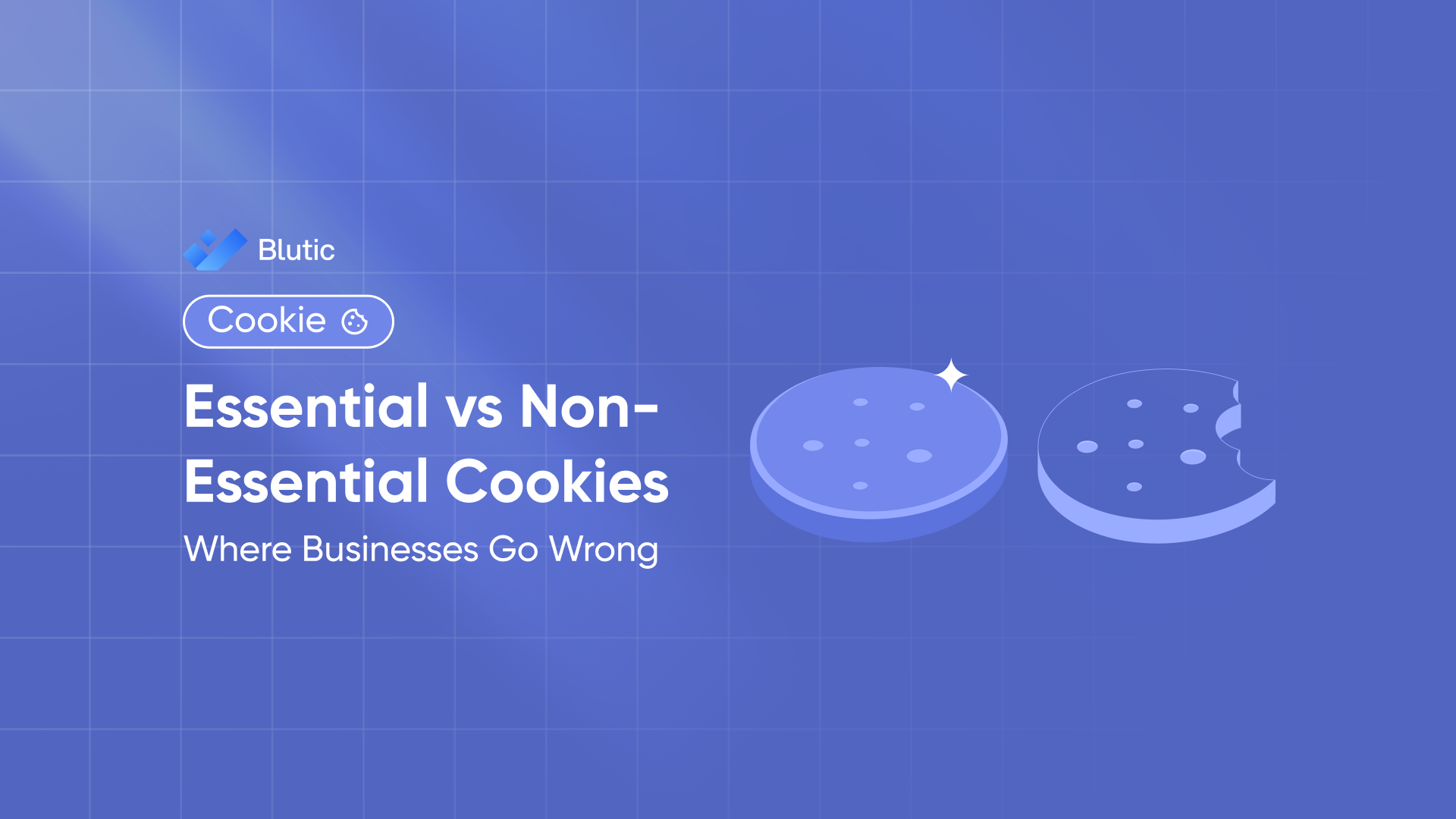DPDP Act Is Now Live: What You Need to Know to Stay Compliant in 2025

DPDP Act Is Now Live: What You Need to Know to Stay Compliant in 2025
Introduction: India’s Data Privacy Law Is No Longer Just “Coming Soon”
The Digital Personal Data Protection Act, 2023 (DPDP Act) officially came into force with its notification in the Gazette on 13 November 2025. If your business collects, processes, or stores personal data of Indian users, the clock has started ticking.
The DPDP Act brings sweeping changes to how personal data is collected, used, stored, and deleted, especially in the digital space. And yes, non-compliance now comes with penalties of up to ₹250 crore.
Whether you're a startup, SaaS company, e-commerce platform, NBFC, or a large enterprise, here’s what you need to know to stay compliant, protect your users, and avoid fines.
What Is the DPDP Act and Why It Matters
The DPDP Act is India’s first comprehensive digital privacy legislation. It gives users the right to know, control, and withdraw their personal data usage while putting responsibility on businesses to ensure:
- Informed consent before data is processed
- Purpose limitation only collects what’s necessary
- User access, correction, and deletion rights
- Clear privacy notices in plain language
- Strict record-keeping and audit-readiness
The Act applies to:
- All Indian businesses handling user data
- Global companies targeting Indian users
- Government and private entities processing personal information
Key Compliance Requirements Under the DPDP Rules, 2025
As per the Gazette notification dated 13 Nov 2025, here’s what your business must implement:
- Show a cookie consent banner before collecting any data.
- Segment cookies into essential and non-essential and block the latter until explicit consent is given.
- Provide consent options in English and regional languages.
- Ensure users can revoke or update consent at any time.
- Store timestamped consent records with category-level details.
- Offer a preference centre where users can manage what data they agree to share.
- Make privacy notices easy to access, read, and understand.
What Happens If You Don't Comply?
The penalties under DPDP Act are serious:
- Up to ₹250 crore for violating obligations related to children's data
- Up to ₹200 crore for failing to secure personal data
- Enforcement by the Data Protection Board of India, which is now live
- Warnings, audits, and takedowns for repeat or large-scale violations
How to Make Your Website DPDP-Compliant Fast
To comply with India’s DPDP Act, here’s what your business should do:
- Categorise cookies: clearly identify and label essential vs. non-essential cookies.
- Use a compliant consent banner: that appears before any tracking begins.
- Store consent logs: include timestamps, preferences, and versions of terms.
- Add a preference center: allow users to change consent anytime.
- Support multiple languages: based on your user base.
- Ensure accessibility: mobile-friendly and usable with assistive tech.
- Clearly link to your privacy and cookie policies: in footer, header, and banner.
How Blutic Helps You Stay DPDP-Ready
Blutic is a DPDPA-compliant cookie and consent management platform designed specifically for Indian businesses.
With Blutic, you can:
- Display geo-targeted, multilingual cookie banners
- Automate cookie blocking via Google Tag Manager (GTM)
- Separate essential vs non-essential cookies
- Provide a preference center for granular consent
- Store and manage detailed audit logs
- Support WordPress, Shopify, WooCommerce, and custom setups
- Comply with DPDPA, GDPR, and other global standards
Whether you're a fintech, SaaS platform, online retailer, publisher, or healthcare provider, Blutic ensures you're ready for audits, inspections, and user trust.
The DPDP Act isn’t just a legal mandate; it’s a shift in digital accountability. Users expect privacy. Regulators demand compliance. Blutic makes both easy.
Start your compliance journey today before audits and fines arrive tomorrow.
Frequently Asked Questions
Yes. The Ministry of Electronics and IT (MeitY) officially notified the rules on 13 November 2025, making the law enforceable in a phased manner.
If you use cookies for analytics, ads, personalization, or CRM integrations, yes you need a solution like Blutic to automate compliance and manage consent records.
No. You must provide geo-targeted, multilingual banners and allow users to select categories of blanket “Accept All” buttons that don’t meet DPDPA standards.
Fintech, e-commerce, healthcare, EdTech, SaaS, and media — basically, anyone who collects digital personal data.





